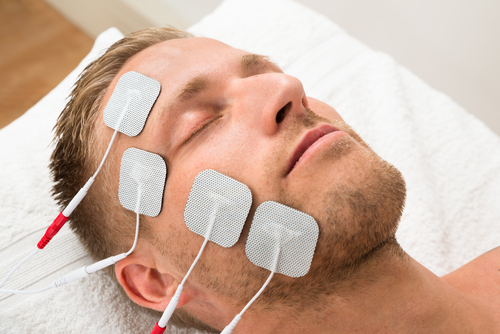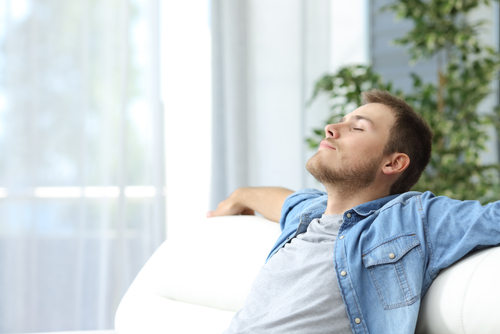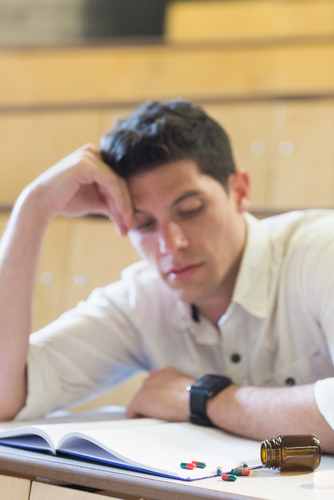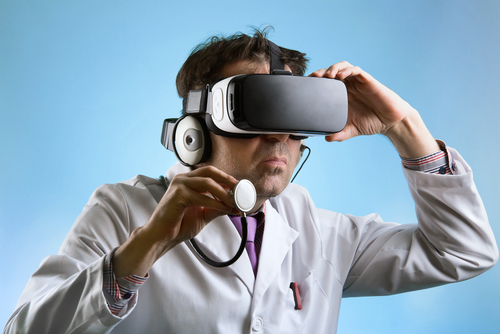The use of neurofeedback is becoming a standard in treatment for mental health disorders. Learn more about how it works and why it is an important tool for recovery here. How Neurofeedback Works Electrodes are placed on the head in five distinct areas to collect electric pulses from brain waves. The client sits comfortably while
Neurofeedback For Mental Health Recovery











